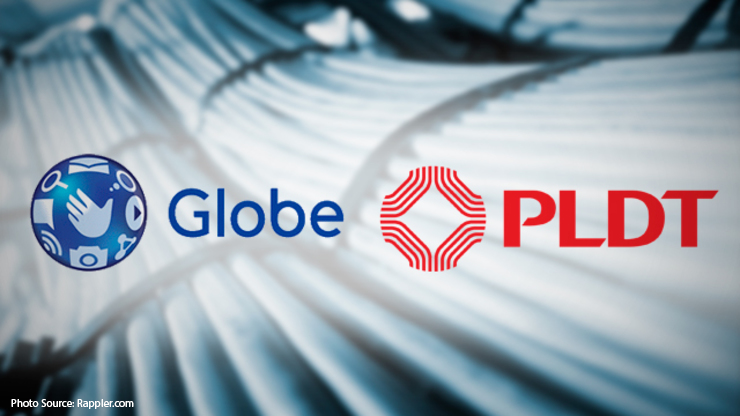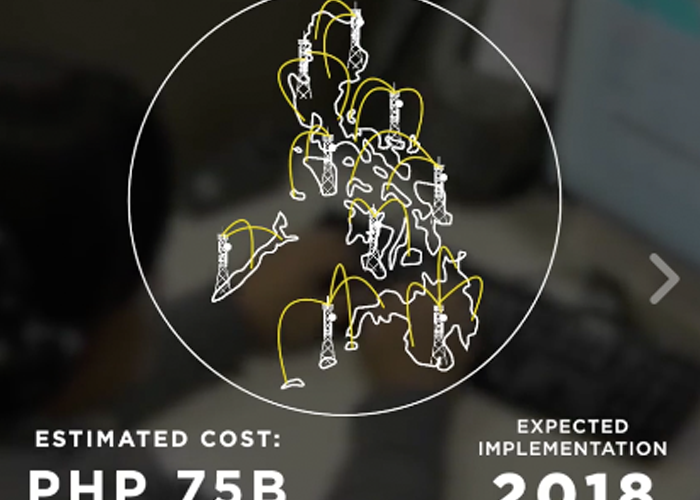Bam: New players needed to improve PH internet service
Sen. Bam Aquino still sees increased market competition as the quickest, cheapest and best solution to improve the country’s Internet service.
“The national broadband plan is a good step but increasing competition and getting more players in the telco industry is still the quickest, most sustainable solution,” said Sen. Bam, chairman of the Committee on Science and Technology.
In previous committee hearings, Sen. Bam said it was determined by various stakeholders that more players are needed to improve Internet service while keeping prices reasonable.
“This was the most significant finding during our Senate hearings on our slow and expensive internet in the country,” said Sen. Bam.
“It was true then, it’s true now. We have to make it easier for new internet providers to enter our market,” the senator added.
Aside from pushing for the government’s national broadband plan to improve Internet access across the country, Sen. Bam is also working for the passage of Senate Bill No. 1277 or the Free Internet Access in Public Places Act, which he sponsored and co-authored.
Sen. Bam is the co-author and principal sponsor of Republic Act 10667 or the Philippine Competition Act, which encourages healthy and fair competition in local industries by penalizing bad market behavior and abuse of dominant positions.
Senate Bill No. 1277 is expected to hurdle its third and final reading in the Senate next week.


Recent Comments